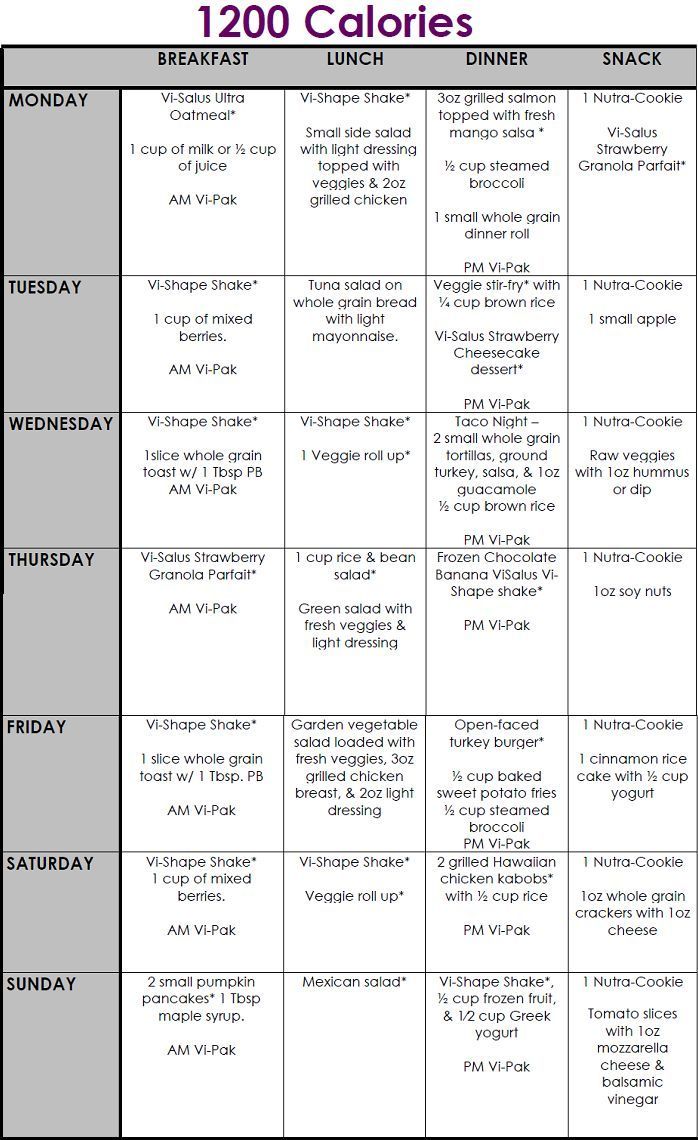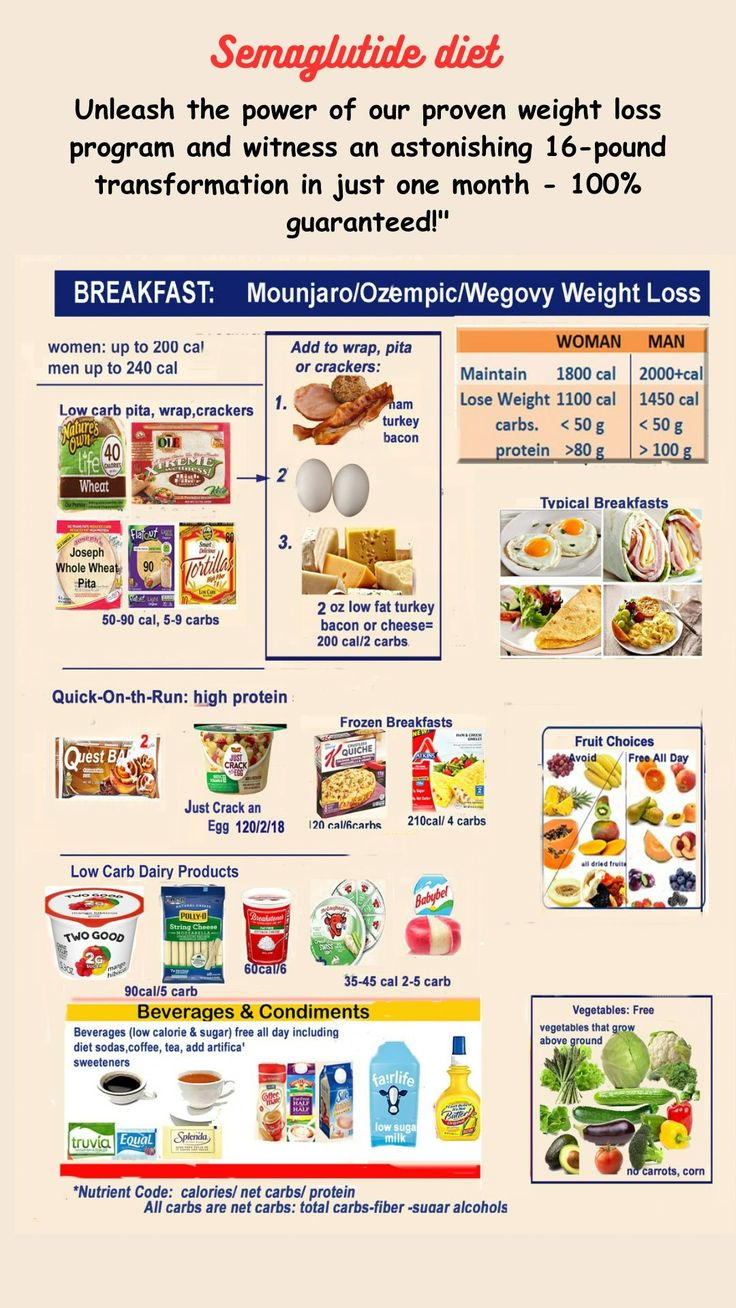
Effective Mediterranean Diet: Free 30-Day Meal Plan for Improved Health in 2025
The Mediterranean diet has become synonymous with healthy eating due to its emphasis on fresh, whole foods and heart-healthy fats. In this article, we will explore an effective 30-day meal plan that provides nutritional benefits while showcasing the rich flavors of Mediterranean cuisine. Whether you're aiming for weight loss or simply wanting to improve your overall health, this comprehensive guide covers everything you need for a successful month of meal prepping and cooking.
Understanding the Mediterranean Diet
The **Mediterranean diet** is not just a meal plan—it’s a lifestyle rooted in the culinary traditions of Mediterranean regions. This diet highlights whole foods, including fruits, vegetables, whole grains, legumes, nuts, and seeds, while incorporating a variety of **protein sources** like fish and poultry. Emphasizing **balanced meals**, the Mediterranean diet offers a symphony of flavors, making it both delicious and satisfying.
Nutritional Benefits of the Mediterranean Diet
Embracing a Mediterranean diet can lead to numerous health benefits. Research indicates that this diet promotes **cholesterol reduction** through its reliance on healthy fats, such as those found in **olive oil** and fatty fish. Additionally, high consumption of **fiber-rich foods** can aid in digestion and help maintain stable blood sugar levels, while the anti-inflammatory properties associated with fresh produce can enhance overall heart health. By focusing on **whole foods** and minimizing processed items, this diet supports weight management and improves energy levels.
Key Components of a Mediterranean Meal
A typical Mediterranean meal balances macronutrients and focuses on vibrant colors and flavors. A well-rounded meal usually includes lean proteins (like grilled chicken or fish), multiple servings of vegetables, whole grains, and a source of healthy fats—often in the form of **heart-healthy** olive oil or avocados. Incorporating **seasonal ingredients** not only enhances flavor but also aligns daily eating with sustainability by utilizing local produce. Over time, these components encourage mindful eating habits and foster a healthier relationship with food.
30-Day Mediterranean Meal Plan Overview
This **30-day meal plan** provides you with daily meal ideas that incorporate a variety of dishes, ensuring **meal variety** throughout the month. Each week focuses on different themes to avoid monotony and to encourage trying new foods and flavors. This structured approach to **meal planning** can help establish a routine while simplifying grocery shopping and meal prep.
Week 1: Emphasizing Fresh Produce
The first week will concentrate on **fresh produce** as the base for meals. Smoothies for breakfast can include greens, fruits, and Greek yogurt, while lunches might feature colorful salads with **Mediterranean herbs** and a healthy fat source like hummus. Dinners can feature vegetable stir-fries or roasted vegetable medleys. Examples include:
- Breakfast: Spinach, banana, and yogurt smoothie.
- Lunch: Quinoa salad with diced tomatoes, cucumber, and feta cheese.
- Dinner: Grilled chicken served with a side of ratatouille.
Week 2: Exploring Whole Grains and Legumes
The focus shifts to **whole grains** and plant-based proteins in the second week. Start your day with oatmeal topped with nuts and fruits. Lunch options may include lentil soup with whole grain bread, while dinner might feature brown rice paired with chickpeas and sautéed spinach. Offering various simple recipes and turning these staples into **easy meals** can promote creativity without overcomplicating meal preparation.
Shopping and Cooking Tips for Success
To achieve a successful experience with this meal plan, consider a strategic grocery list. Shopping for **seasonal recipes** and incorporating **local ingredients** can make each dish taste better and fresher. Opt for bulk purchasing of grains and legumes for cost-effective meal prep.
Essential Cooking Techniques and Methods
Understanding various cooking techniques can enhance the flavor of your dishes. **Grilling**, **roasting**, and **sautéing** are popular methods in Mediterranean cuisine, and learning these can add depth to your meals. Try marinating your proteins in lemon juice and herbs to really infuse flavor. Simple steps like lightly toasting spices can also intensify taste. These cooking methods bring out the natural flavors in **fresh produce** and reduce the need for excessive salt or sugar.
Meal Prep Essentials
Effective **meal prep** is integral to sticking with your 30-day Mediterranean meal plan. Consider investing in **meal prep containers** to keep your ingredients organized and fresh. Batch cooking on weekends can also help save time during busy weekdays. Try preparing stews or soups that can be stored and reheated. Aim to dedicate some time each week for preparing healthy snacks, like sliced vegetables or mixed nuts, which can aid in portion control and reduce unhealthy snacking.
Enjoying Mediterranean Snack Options
Healthy snacks can play a vital role in maintaining energy levels throughout the day. Look for **nutrient-dense foods** that fit within the dietary guidelines of the Mediterranean diet. Options include whole grain crackers with hummus, Greek yogurt with a sprinkle of nuts, and fresh fruits with a dollop of nut butter. The key is to prioritize **low-calorie meals** that are also fulfilling.
Portion Control Techniques
Maintaining awareness of portion sizes is crucial in this meal plan. Utilizing smaller plates can help manage portion control and promote a sense of satisfaction with meals. Incorporate mindful eating practices, such as eating slowly and paying attention to hunger cues, to foster a healthier relationship with food.
Meal Timing for Balanced Eating
Consider how **meal timing** can impact overall wellness. Eating at regular intervals helps maintain energy and curb cravings. Additionally, having balanced snacks in-between meals can prevent overeating during larger meals. Focus on the inclusivity of nutritious options among breakfast, lunch, and dinner to create a satisfying rhythm to your eating schedule.
Key Takeaways
- The Mediterranean diet emphasizes whole foods and healthy fats for improved wellness.
- A well-structured 30-day meal plan can help promote sustainable eating habits.
- Prepping meals and snacks in advance is essential for maintaining balance and convenience.
- Mindful eating and understanding portion control will support health and weight management.
FAQ
1. What are the nutritional benefits of the Mediterranean diet?
The **nutritional benefits** of the Mediterranean diet include improved heart health, reduced risk of chronic diseases, stable blood sugar levels, and increased overall wellbeing through the consumption of nutrient-rich whole foods. Rich in **heart-healthy fats**, fiber, and antioxidants, this diet supports health-focused lifestyles while promoting **weight management**.
2. Can I adapt the meal plan for family meals?
Absolutely! The Mediterranean meal plan is highly adaptable for **family meals**. Focus on preparing simple recipes that everyone can enjoy, like pasta dishes, hearty salads, and baked fish. Encourage family involvement in **meal prepping**, making it a bonding experience while teaching healthier eating habits.
3. What quick recipes can I try during busy days?
For busy days, consider simple and **quick recipes** such as veggie stir-fries with pre-chopped vegetables, wraps with whole grain tortillas, or soups that simmer on the stove. These meals can be prepared within 30 minutes and are excellent choices for those looking to maintain **healthy eating habits** despite a hectic schedule.
4. How do I ensure variety in my meals?
To promote **meal variety**, experiment with different proteins, grains, and seasonal produce each week. Use various cooking techniques to enhance flavors without losing nutrition, such as grilling instead of frying. Also, explore new spices and herbs typically used in **Mediterranean cuisine** to keep your palate excited.
5. Can I include vegetarian options in my meal plan?
Absolutely! The Mediterranean diet supports vegetarian meals and options. Feel free to substitute meat with **plant-based proteins** like lentils, beans, and quinoa. This not only adds **health benefits** but also enriches your diet with diverse nutrients, enhancing the **meal variety** throughout your month.
6. What are some budget-friendly meals in the Mediterranean diet?
Budget-friendly meals in the Mediterranean diet often center on **whole grains**, seasonal vegetables, legumes, and canned or frozen **seafood**. Meals such as chickpea stew, vegetable pasta, and grain salads are inexpensive yet rich in flavors and textures. Utilizing **basic pantry staples** helps to manage costs while promoting nutritional health.
7. How can I incorporate Mediterranean breakfast options into my diet?
Start your day with **Mediterranean breakfast options** such as Greek yogurt topped with fruit and nuts, whole grain toast with avocado, or a vegetable omelet. These options provide essential nutrients while setting a positive tone for the rest of the day's meals.

